Illegal Substance Detection: Drones In Anti-Drug Operations
4 Mins Read
Published on: 09 October 2023
Last Updated on: 06 September 2024
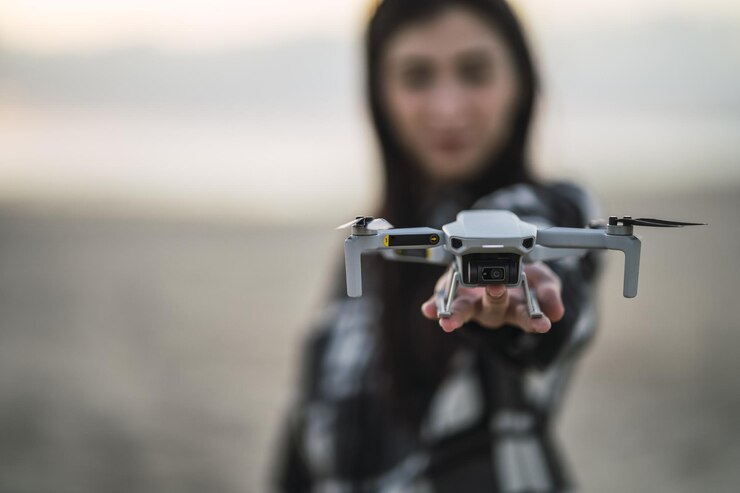
toc impalement
The global drug trade presents a formidable challenge to law enforcement agencies worldwide. Characterized by its adaptability and vast network of operations, it demands innovative strategies for detection and control. Sure, here you go:
Police drones have revolutionized the way law enforcement combat drug trafficking. Their impressive capabilities have become an indispensable tool in the fight against drug smugglers. Equipped with advanced detection technologies, they have revolutionized drug detection methods, enabling law enforcement agencies to cover more ground and achieve remarkable successes.
The Drug Trade
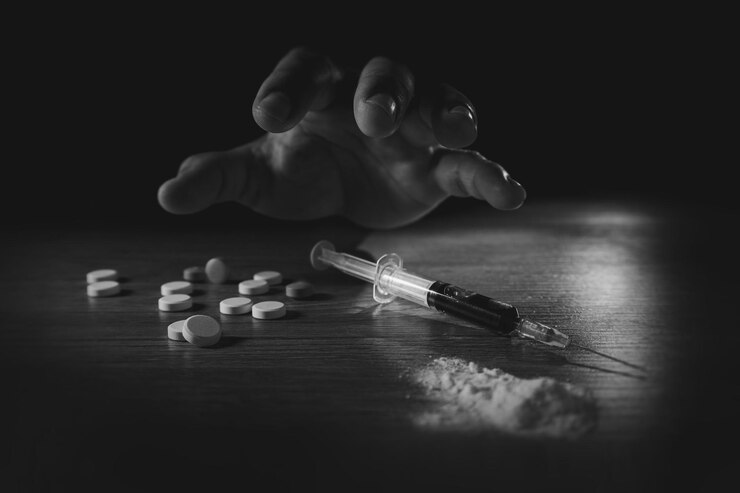
The drug trade is a global menace, marked by its adaptability and extensive network of operations. This nefarious industry thrives on international boundaries, making it an enduring adversary for law enforcement agencies. A perpetual cat-and-mouse game unfolds between drug traffickers and those dedicated to dismantling their operations. Authorities constantly strive to stay one step ahead, seeking new strategies to thwart the ever-evolving tactics of the drug trade.
Evolution Of Detection Technologies
Historically, drug detection methods heavily relied on labor-intensive processes such as manual searches and the keen noses of sniffer dogs. These approaches, though valuable, had inherent limitations, including speed and efficiency.
However, drones equipped with cutting-edge sensors have reshaped the landscape of drug detection. Thermal imaging, infrared cameras, and chemical analyzers have become their arsenal, enabling them to identify illicit substances precisely. Drones have effectively rewritten the rules, allowing law enforcement agencies to cover more ground, both figuratively and literally, in their ongoing battle against drug trafficking.
Environmental Benefits And Concerns
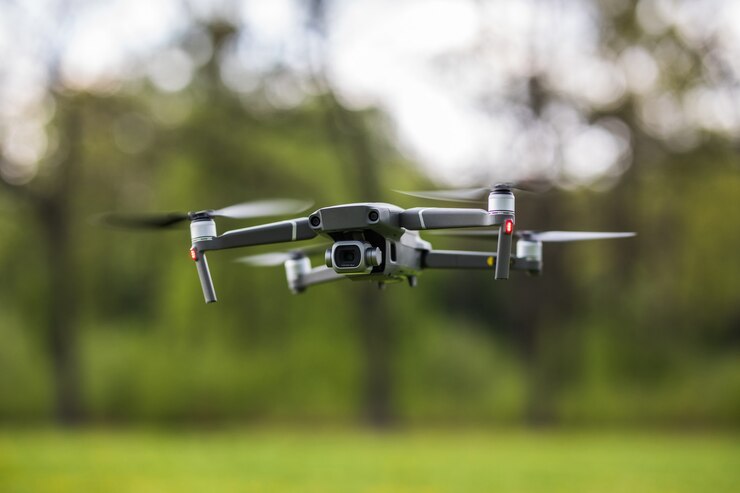
Drones also bring with them an often-overlooked environmental angle to anti-drug operations. On the positive side, drones allow for non-invasive monitoring of ecologically sensitive areas where traffickers may operate. Historically, patrolling these areas required ground vehicles or aircraft, which can be more disruptive to wildlife and plant ecosystems.
Drones can quietly monitor vast tracts of rainforests, deserts, or marine environments with minimal disturbance, ensuring that not only are illegal drug activities being watched but that biodiversity is being preserved. Incorporating environmentally friendly practices in drone operations could further bolster public support, aligning ecological preservation with the primary mission of curbing the drug trade.
Challenges Faced
However, drones are not without their challenges in anti-drug operations. Drug traffickers employ various evasion tactics, including intricate camouflage, secret underground tunnels, and advanced encryption.
These countermeasures demand constant adaptation by law enforcement agencies, striving to stay “one step ahead of the game.” Furthermore, ethical and legal difficulties arise from the use of drones for surveillance. Striking a delicate balance between the imperative of security and the preservation of privacy remains an ongoing concern, necessitating careful consideration and legislative guidance.
Enhanced Situational Awareness And Response
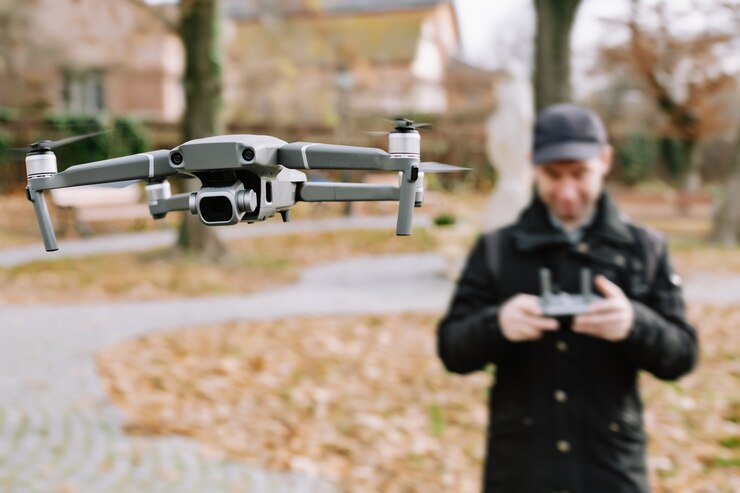
Drones provide law enforcement agencies with enhanced situational awareness, facilitating more effective responses in anti-drug operations. Expressions like “watchful guardians” and “swift reactions” capture this aspect of their role. With real-time data transmission capabilities, drones can relay critical information directly to operational centers.
This immediate access to aerial views and sensor data allows authorities to make informed decisions promptly. In situations where drug traffickers attempt to evade capture or engage in high-speed chases, drones provide crucial aerial support, aiding ground units in tracking and intercepting suspects. This seamless coordination between aerial and ground forces increases the chances of success and enhances law enforcement personnel’s safety.
Community Safety And Public Support
Police drones contribute significantly to community safety and garner public support for anti-drug efforts. Expressions like “safeguarding neighborhoods” and “building trust” underscore these aspects. By efficiently identifying and intercepting illegal drug activities, drones help prevent drugs from reaching communities, reducing the harmful impact of drug addiction and related crimes.
Communities witnessing the tangible results of drone-assisted drug enforcement operations are more likely to support law enforcement efforts actively. This positive feedback loop strengthens the relationship between law enforcement agencies and their communities, leading to increased cooperation, citizen tips, and a safer and drug-free environment. Thus, drones protect communities from the scourge of illegal drugs and foster vital partnerships between law enforcement and the public they protect.
Related: Falsely Accused Of A Violent Crime In Florida? Know Your Rights And Legal Options
Future Prospects

The future of drones in anti-drug operations holds significant promise as technology advances. Researchers are actively exploring the integration of artificial intelligence (AI) and machine learning (ML) algorithms to enhance drug detection capabilities. Drones equipped with AI can rapidly process and analyze vast datasets in real-time, further sharpening their ability to identify illicit substances.
This technological advancement represents a pivotal step in the ongoing struggle against the drug trade. Additionally, the importance of global cooperation cannot be overstated. Expressions like “unity is strength” and “working hand in hand” underscore the significance of collaborative efforts in combating this transnational issue. With their capacity to provide essential intelligence and surveillance across borders, drones are poised to play a pivotal role in strengthening international alliances.
Conclusion
Drones have emerged as indispensable allies in the battle against the drug trade. Their advanced detection technologies and surveillance capabilities have significantly enhanced the effectiveness of law enforcement agencies in detecting and combating illegal substances.
While challenges persist, drones continue to evolve, promising a brighter future in the ongoing effort to eliminate this global epidemic. In the relentless fight against the drug trade, drones are not just tools; they are powerful assets that aid in safeguarding communities worldwide.
Read Also:
















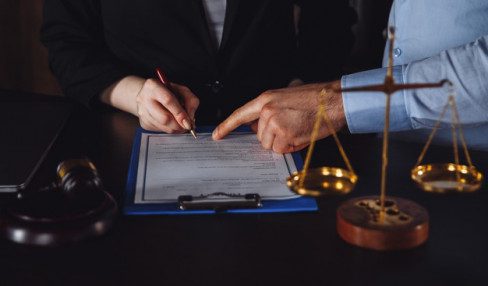

Comments Are Closed For This Article